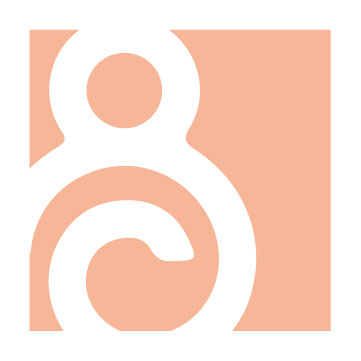Many women struggle with whether or not to breastfeed their babies. A lot of the concerns surround the mother. Some believe their breasts will sag. Others believe the act will cause a husband to become jealous because the child will monopolize the bonding and isolate the father. However, one of the most important concerns women should consider is how breastfeeding would benefit a new baby. Here are four ways:
- Breastfeeding helps protect the baby – Colostrum, the dense yellow milk that a woman makes in pregnancy and immediately after birth, is known to some as “liquid gold.” This milk provides the antibodies and nutrients to jump-start a child’s diet and the body naturally emits the amount that a newborn’s stomach can handle.
Then, after the child is too old for the colostrum to be beneficial, the body modifies its productions to make mature milk. Mature milk contains the right about of water, fat, sugar and protein needed by the baby after the first week. The milk is less dense, but still provides all the right nutrients.
- Breast milk is easier to digest for babies – Formula is made from cow’s milk, which is harder on a baby’s stomach. It takes time for the infant’s body to adjust to digesting the formula. Easier digestion also leads to fewer instances of constipation and diarrhea.
- Breast milk helps keep babies healthy – The natural milk a mother makes contains antibodies that can decrease the possibilities of ear and respiratory infections. Other nutrients in the milk boost the child’s immune system – helping to fight hosts of ailments caused by bacteria or viruses.
Additionally, studies have shown that breastfed babies have lower instances of allergies, diabetes and asthma. Scientists attribute these results to a substance called secretory IgA, which is only found in breast milk. This compound provides a layer of protection in the baby’s intestinal tract by decreasing inflammation that leads to allergic reactions. Formula simply cannot replicate the make up of a mother’s milk.
- Breastfeeding could jump start your baby’s learning – Many scientists have found a correlation between breastfeeding and a child’s cognitive development. One study showed that over the first six and half years of a test group’s lives, the children who were breastfed had higher IQ scores and scored higher on intelligence tests. Another study showed similar findings in that the breast fed children had a larger vocabulary by age five.
When considering whether or not to breastfeed a child, the decision certainly belongs to the mother. However, when making the choice, also remember the child.

